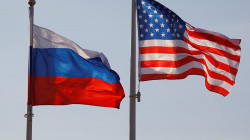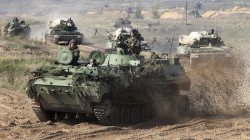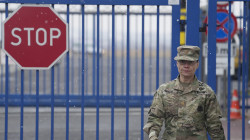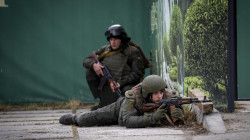Ukraine cyber attack ‘part of Russian playbook’, says top US diplomat
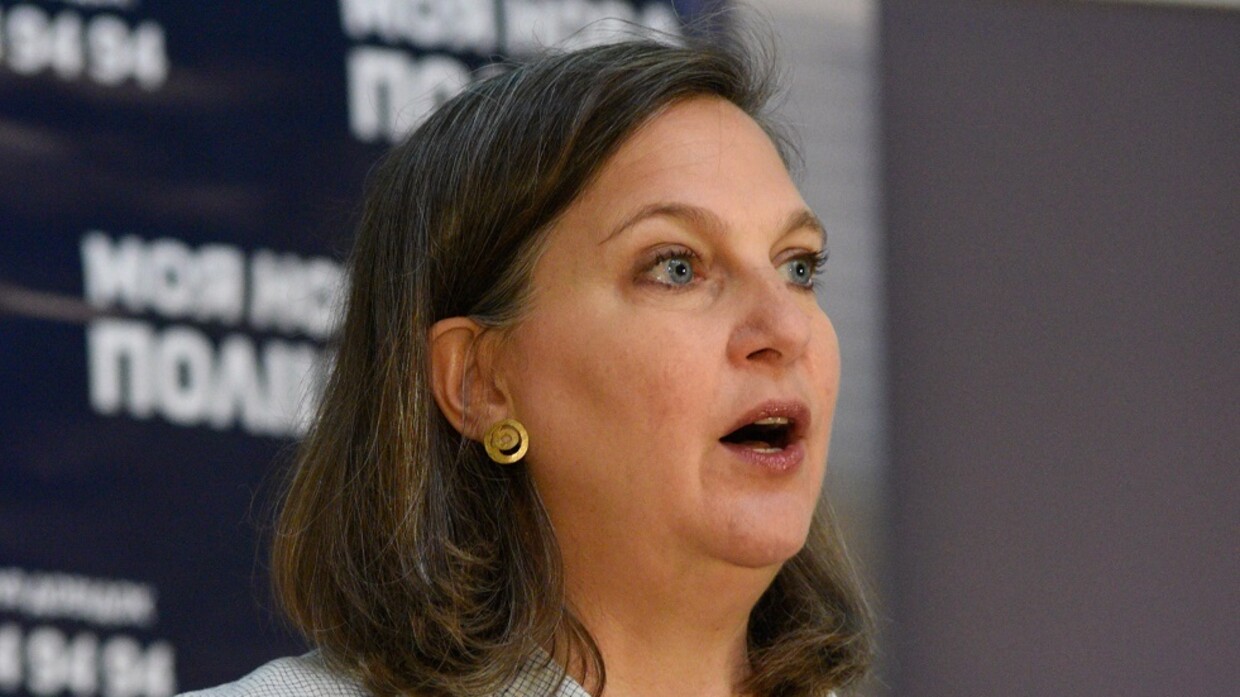
Shafaq News/ A senior US official said a large-scale cyber attack against Ukraine on Friday was a “tried and true part of the Russian playbook”, as Washington ramped up warnings that Moscow was setting the stage for a possible invasion of its neighbour.
In an interview with the Financial Times, Victoria Nuland, the US under-secretary of state for political affairs, stopped short of blaming Russia for the cyber attack, which targeted dozens of Ukrainian government websites. But she said the episode was part of a familiar and disturbing pattern of actions from Moscow.
“I’m not ready to share anything on attribution at the moment. I would simply say that this is a tried and true part of the Russian playbook, as you know, all around the world,” Nuland said.
“In the past, Russian operatives have done this to destabilise governments, to test their own capabilities, to undercut the sense of confidence of governments that they have gripes with. So anything is possible here,” she added.
Nuland’s comments came on a day in which the White House stepped up its warnings that Russia was preparing for a military offensive in Ukraine. These included a claim that Moscow was seeking to create a pretext for war by positioning operatives in eastern Ukraine to conduct a “false-flag operation” that would carry out “acts of sabotage against Russia’s own proxy forces”.
The allegations came at the end of a week of talks between the US, Nato and Russian officials to defuse the crisis, which were dismissed as “unsuccessful” by Moscow, raising fears that an invasion could now be more likely.
The US has said that if Russia attacked Ukraine, it would face massive retaliation from America and its allies in Europe, including economic and financial sanctions on a far greater scale than during Moscow’s 2014 annexation of Crimea.
Biden administration officials have said the US was already ready to roll out those sanctions if needed, and their scope would depend on the nature of Russia’s aggression.
“I’m not going to preview 18 different scenarios . . . I would simply say that our commitment and the conversation that we have with our allies is around inflicting very sharp pain very fast, if Russia makes this move in any form,” Nuland said.
However she added that from the US perspective, the door to a diplomatic solution was still open, and Washington was working on written responses to Russian officials.
“We want to keep talking,” Nuland said. “We believe that it needs to be done on the basis of reciprocity — namely, they’re going to have grievances but we have concerns, too.”
The US has so far offered to discuss arms control and limits on military exercises in the region but rebuffed Russian requests to pull back troops from certain countries or bar them from joining the Nato alliance.
“We believe that we can de-escalate and we can make some progress on some of these things through diplomacy,” Nuland said. “We hope and expect that with some of the ideas that we put on the table, Moscow will stay at the table, but that’s Putin’s choice.”
“All we’ve done so far is hear each other out,” she added. “We haven’t begun the kinds of conversations that we would have to have to try to reach agreements, particularly if they want these agreements to have binding force. So we would need more time.”
Nuland, who was a senior state department official responsible for Europe during Barack Obama’s presidency, sought to brush off concerns that some European countries would resist more aggressive sanctions because of economic and political concerns, saying the talks with allies were “very rich and very full” and the US had “a very good picture of what we can do”.
“Remember that this is an aggression in Europe, and this is changing the map of Europe. So you know, none of us wants to ask for our citizens or our companies to make sacrifices, but sometimes national and international security requires that,” she said.
Nuland said the US was, however, trying to “understand” European countries’ exposures to sanctions, to “build that package that shares the burden as equally as we can and that people are ready to implement”. She also suggested that the US and European sanctions measures may not be “identical”.
“Sometimes there are things that Europe can do that are harder for us and sometimes it’s the other way around,” she said.

